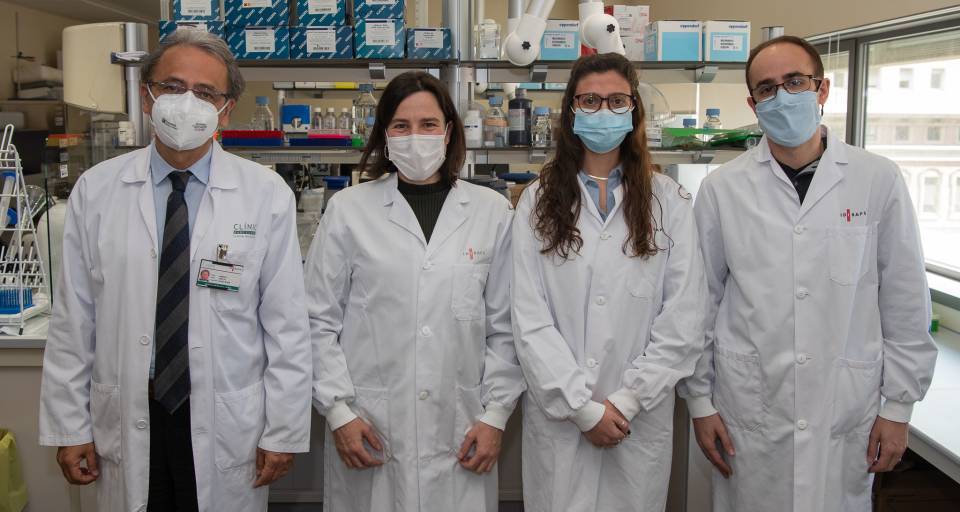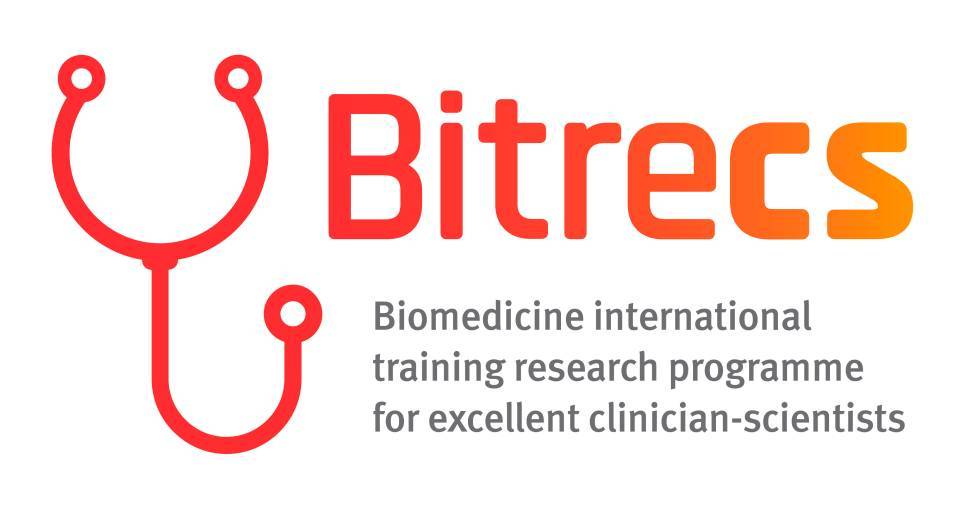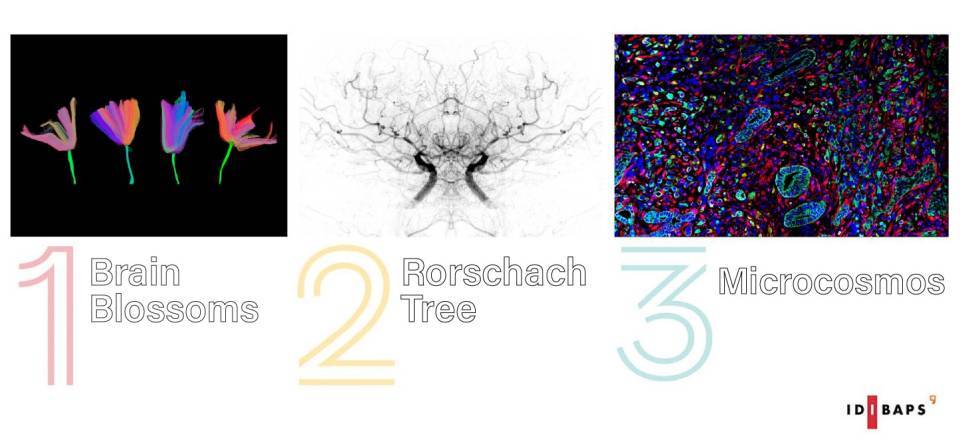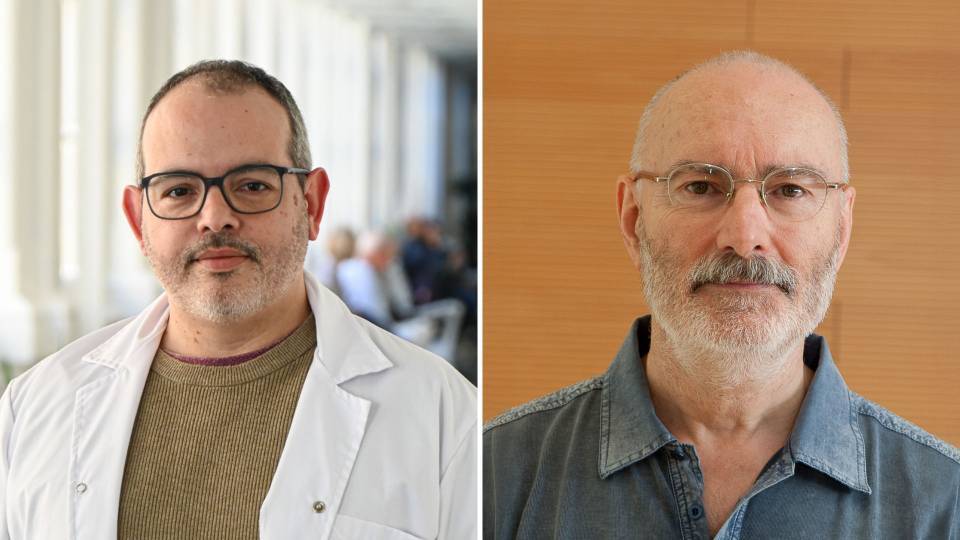Hospital Clínic-IDIBAPS researchers, together with researchers from the German Cancer Research Center in Heidelberg, are leading a study that shows that patients with hepatocellular carcinoma (HCC) treated with a type of immunotherapy respond worse to treatment when the origin of the tumor is due to fatty liver disease or alcohol consumption. The study finds that patients with fatty liver disease who develop HCC have dysfunctional T cells that are not able to eliminate tumor cells or become activated by immunotherapy. This discovery will have major implications in the management of patients with HCC and fatty liver disease.
The study, which is published today in the journal Nature, was coordinated by Josep M. Llovet, ICREA professor at IDIBAPS, where he is head of the Translational research on hepatic oncology group, Chair of Medicine at the UB Faculty of Medicine and Health Sciences, and director of the Liver Cancer Program at the Icahn School of Medicine at Mount Sinai, New York. This study involved the collaboration of Roser Pinyol, Carla Montironi, and Florian Castet, members of his group at IDIBAPS.
The Causes of Hepatocellular Carcinoma
Liver cancer is the 6th most common tumor in the world and the 4th most common cause of death from cancer. It is estimated that the incidence by 2025 will exceed 1 million new cases worldwide. Hepatocellular carcinoma is the most common type of liver cancer and may be of viral origin (due to infection with the hepatitis B or C virus) or nonviral (due to alcohol abuse or as a result of fatty liver disease due to obesity or diabetes—known as nonalcoholic steatohepatitis). The current prevalence of fatty liver disease in the population is 25% in the world, and it is already responsible for nearly 20% of cases of HCC in Europe and the United States.
Treatments for initial and intermediate stages of HCC include surgical treatments (resection and liver transplant) or locoregional treatments (radiofrequency and chemoembolization). However, nearly half of patients with this cancer today will receive drug treatments with either molecular therapies or immunotherapy. Immunotherapy may provide clinical benefits in the advanced stages of the disease, “as shown in a study published in 2020 on improved survival in patients with advanced HCC treated with a combination of 2 monoclonal antibodies (bevacizumab and atezolizumab)”, explained Josep M. Llovet.
But the efficacy of immunotherapy may be affected by the cause of the tumor (whether viral, due to alcohol, or due to fatty liver disease), as the etiology will affect the type of immune response. “We need biomarkers that correlate to treatment response and that allow us to identify patients who can benefit from it”, stated Llovet.
Considering the increase in the incidence of nonalcoholic steatohepatitis in the population, which affects more than 200 million people worldwide, and the risk of HCC, the researchers assessed the effects of immunotherapy in this context, specifically PD-1/PD-L1 inhibitors, and how it affects progression of the tumor in animal models and in patients.
Absence of Response to Immunotherapy in Animal Models
The first observation the researchers made was that, in animal models of nonalcoholic steatohepatitis, there is an accumulation of a special type of T cells (CD8+PD1+), which are dysfunctional. This type of T cell is unable to eliminate cancer cells and does not activate the antitumor response under treatment with immunotherapy.
Thus, immunotherapy with PD-1/PD-L1 inhibitors aimed at restoring the function of these cells, in the context of fatty liver disease, does not cause regression of the tumor and, in fact, has no effect on it and causes the accumulation of these dysfunctional lymphocytes. “On the other hand, we have seen that eliminating these dysfunctional lymphocytes in animal models stops the formation of tumors”, said Josep M. Llovet.
The Importance of Knowing the Origin of the Tumor for the Use of Immunotherapy
After evaluating the effect in animal models, the researchers analyzed 3 phase-III clinical trials with more than 1650 patients, which evaluated immunotherapy (nivolumab, pembrolizumab, or atezolizumab with bevacizumab) in advanced-stage liver cancer and analyzed the response based on the liver condition that gave rise to the tumor. The analysis suggested that these immunotherapies are effective in viral HCC (hepatitis B and C viruses), but do not increase survival in patients with nonviral HCC, which essentially includes nonalcoholic steatohepatitis and alcohol.
This finding has certain implications: clinical, in terms of the management of patients with HCC with these etiologies; and from the perspective of research.
“In the short term, the use of immunotherapy in patients with HCC of nonviral origins will have to be considered more carefully, and other already approved therapeutic alternatives will have to be considered (thyrosine kinase inhibitors). It will also be necessary to develop clinical trials that evaluate new therapeutic combinations for patients with nonviral HCC. In fact, the experimental knowledge obtained in this study provides the bases for designing combined treatments to overcome current limitations and improve survival in these patients”, said Josep M. Llovet.
Study reference:
Dominik Pfiste, Nicolás Gonzalo Núñez, Roser Pinyol, et al. NASH limits anti-tumour surveillance in immunotherapy-treated HCC. Nature. https://doi.org/10.1038/s41586-021-03362-0
Josep Maria Llovet explains the study in this video:




